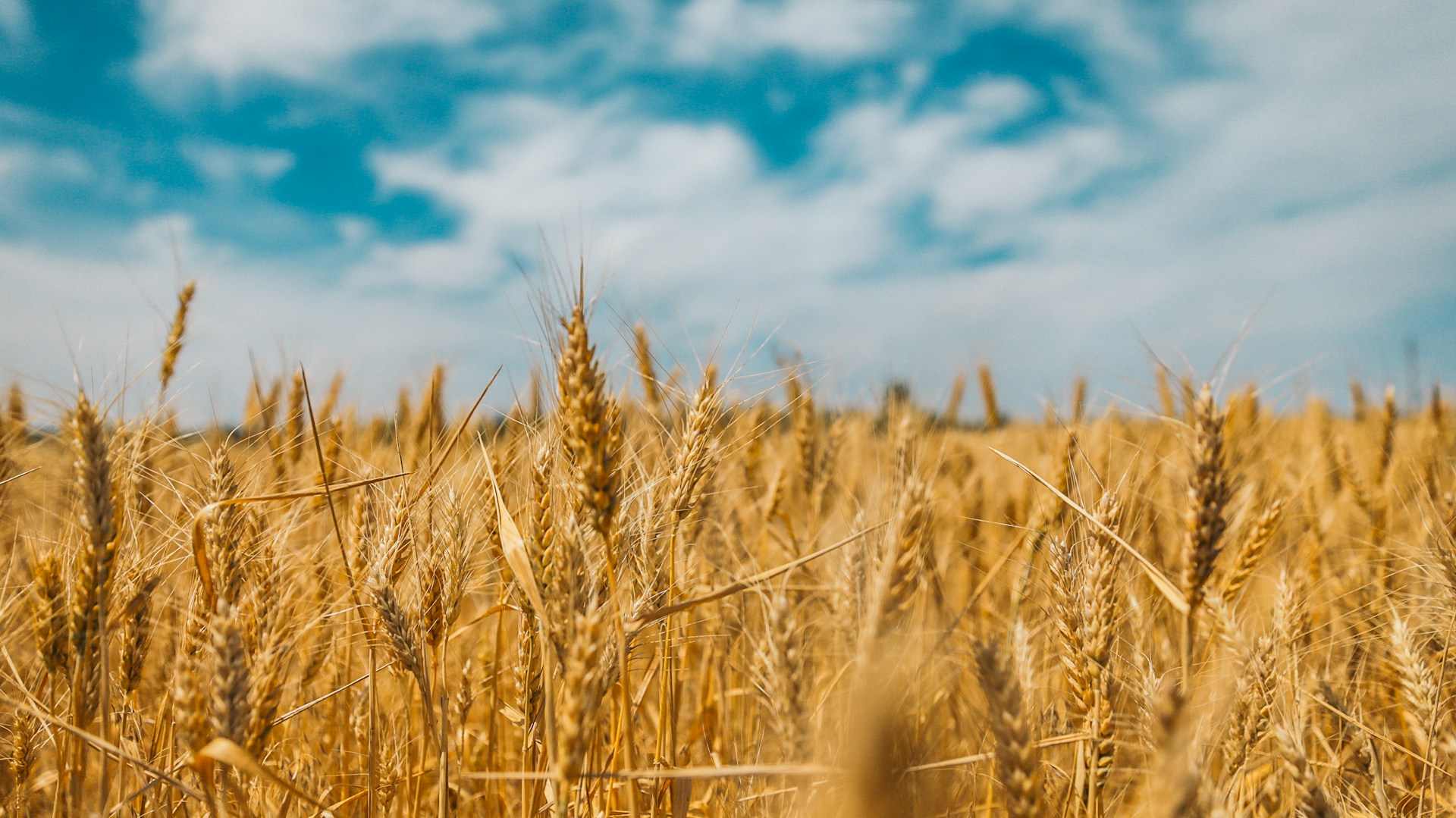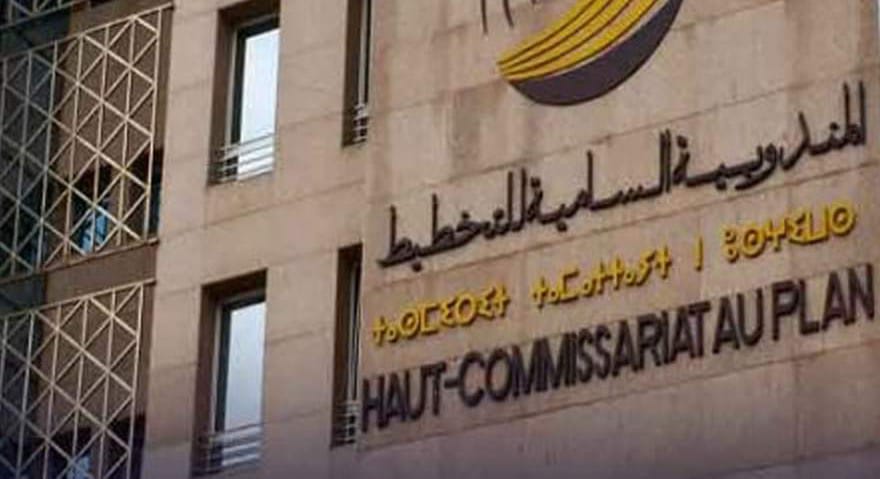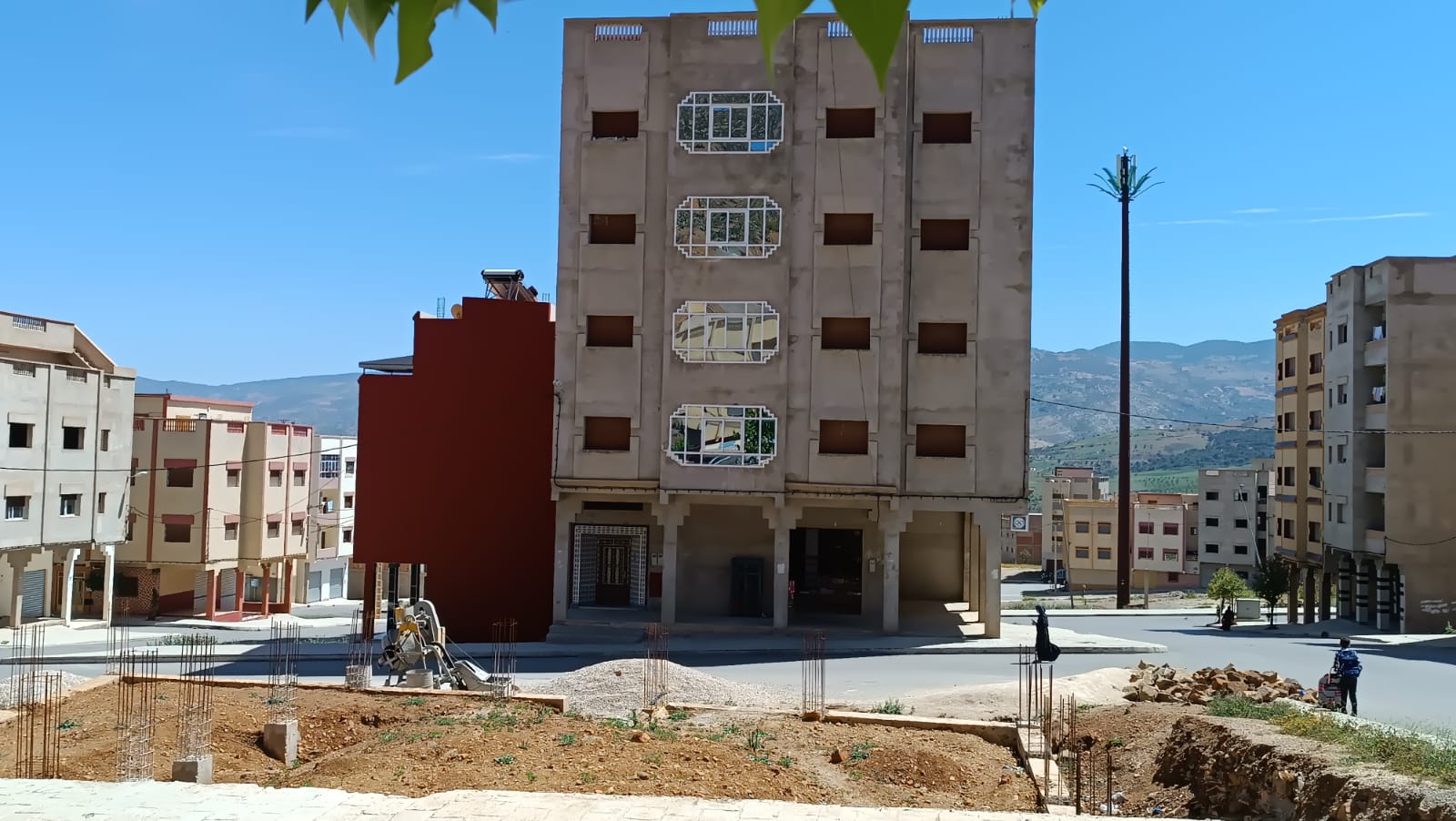Casablanca – Facing an increasingly severe water shortage and the long-term effects of climate change, Morocco’s Ministry of Agriculture has launched a thorough reassessment of its existing agricultural partnership frameworks. This initiative targets a set of key sectoral agreements signed in 2023 with interprofessional agricultural organizations.
The move underscores the government’s recognition of the need to realign agricultural priorities with the country’s evolving environmental and climatic challenges. Ministry sources indicate that the process began with an in-depth evaluation of achievements under current partnerships and the development of new, more attainable objectives to be reached by 2030.
“This effort falls within an internal audit to measure how realistic and relevant existing goals remain, given recent climatic pressures,” said a source at the Ministry. “The primary objective is to ensure that future agricultural planning reflects the country’s prolonged drought conditions and systemic water scarcity.”
Initially led by the Ministry, the review process is expected to expand in scope, eventually incorporating the views and expertise of the interprofessional organizations involved across various farming sectors.
Among the hardest-hit is the citrus industry, which has seen a 30% reduction in cultivated land over the past decade, largely due to chronic drought and a shrinking supply of irrigation water. While higher prices have temporarily cushioned some growers, overall output has fallen sharply, with many farmers uprooting their orchards since 2022.
Other sectors, including dairy and red meat, have also expressed concerns. Maroc Lait, the interprofessional organization representing the dairy industry, has pointed to a critical lack of reliable data on livestock numbers and milk output—information it deems essential for setting meaningful production targets. The group is also awaiting the rollout of a regulatory framework to define responsibilities and standards throughout the dairy value chain.
The red meat sector currently lacks formal representation. After internal issues disrupted the former governing body, FIVIAR, a new organization—Maroc Viandes Rouges—has been formed but is still awaiting official recognition. Stakeholders argue that swift authorization is vital to address rising pressures on livestock producers, especially following disruptions to traditional seasonal practices such as Eid al-Adha sacrifices.
For many interprofessional groups, the opportunity to revisit and potentially adjust their sectoral targets is viewed positively. Aligning agriculture more closely with water availability and climate conditions is increasingly seen as vital for safeguarding the country’s food systems. The citrus industry provides a telling example: after recovering from an overproduction crisis in 2018–2019, the sector now contends with declining yields due to water stress, even as prices improve.
The agreements under review were implemented under the Génération Green strategy and span both crop and livestock sectors. They aim to modernize agricultural practices, boost productivity, support professional development, and improve working conditions for farmers. These frameworks also link public support to measurable performance outcomes and promote stronger governance throughout the agricultural landscape.
As droughts persist and temperatures continue to rise, Morocco’s decision to reevaluate these strategic commitments marks a critical step toward a more climate-resilient and sustainable agricultural future. Broader consultations with stakeholders are expected in the next phase to ensure the revised strategies are both grounded and adaptable.
















